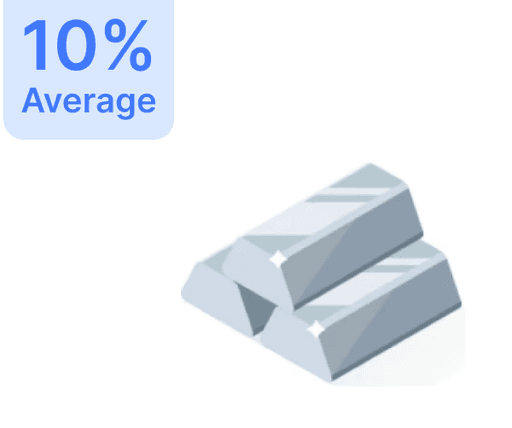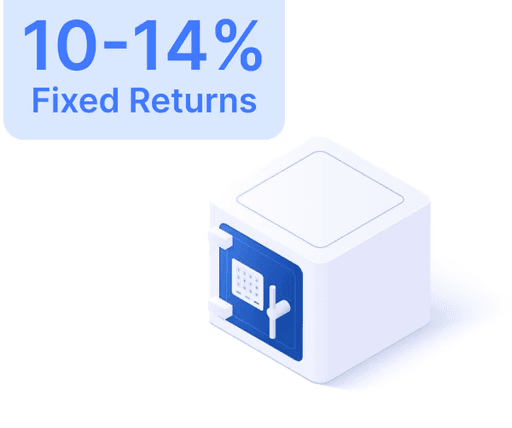
Exploring Income Funds: Types and Benefits in India

 Jun 13, 2024
Jun 13, 2024 6 Mins
6 MinsMutual funds have emerged as a popular investment choice in India. Over the years, a variety of mutual fund schemes have been introduced to cater to different investor needs. However, the wide range of these schemes can occasionally lead to confusion. To invest successfully, it’s important to have a thorough and informed strategy that helps avoid potential pitfalls. This strategy starts with a solid understanding of the various types of schemes available. In this context, we will explore Income Funds, detailing the types of income funds in India, their advantages, and more.




